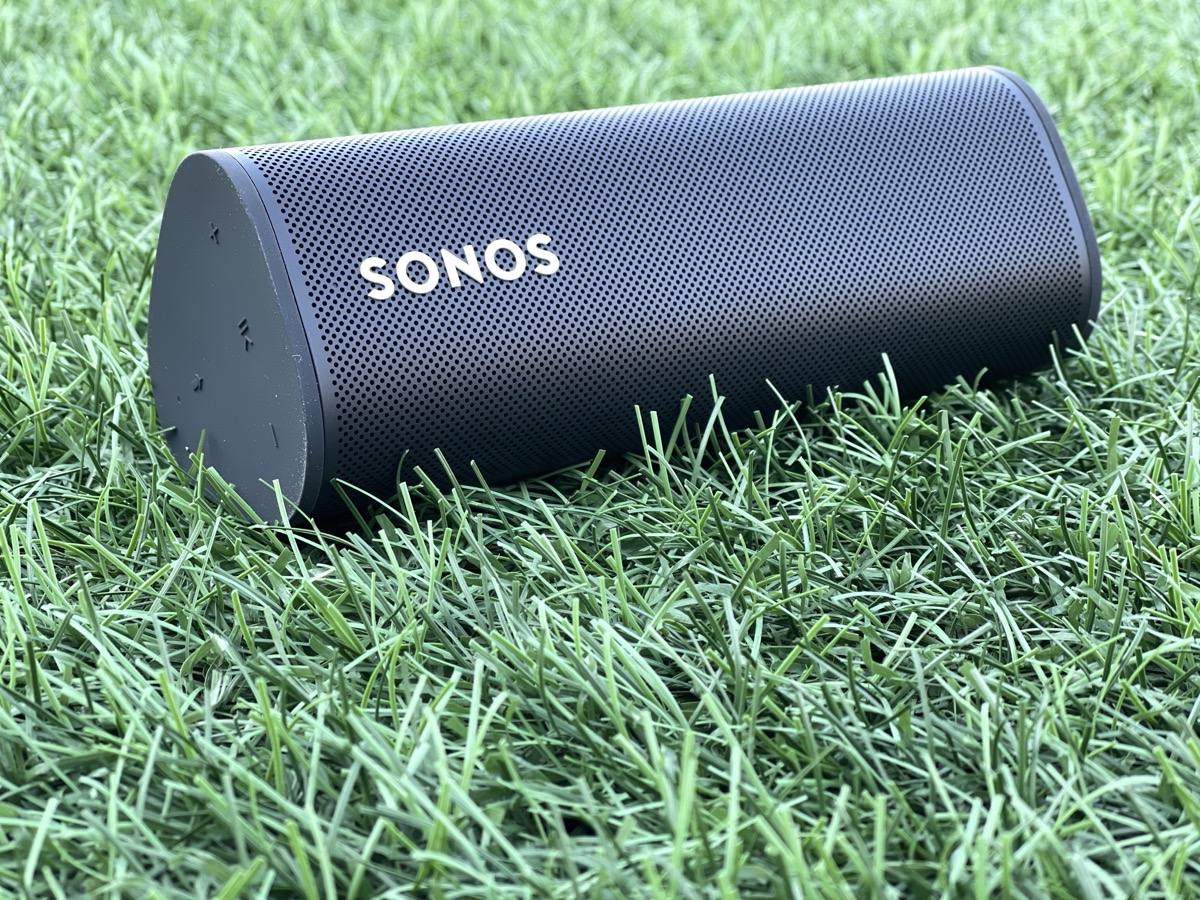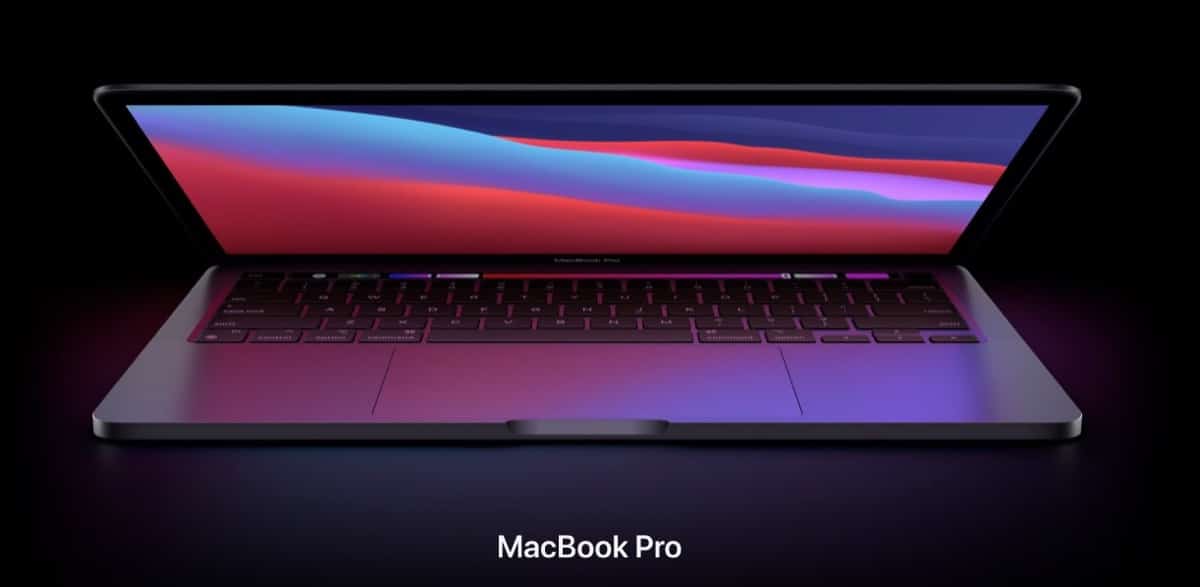
Since the launch of Apple Silicon in 2020 for the 13-inch MacBook Air, Mac mini and MacBook Pro, Apple indicated that the transition period would be two years, for the definitive consolidation of Silicon and the end of Macs with Intel . Recently, the second generation Silicon has been presented, so it is possible that Apple is close to completing its transition. Therefore, the question is obvious: Can Apple drop support for the latest MacBooks with Intel chips? Let’s analyze it next:
Transition finished?
In 2020, Apple announced its transition from Intel processes to its own line of M1 Chips based on the ARM architecture. This movement was a authentic revolution for all Mac users, since Apple sought to reproduce the same formula for success than the iPhone: develop the hardware and software. The M1 have proven to be far superior in terms of performance and energy efficiency to Intel chips, so Apple can consider the transition complete.
As a consequence, Apple may decide to dedicate fewer resources for maintenance and support of hardware and older models with Intel chips. Therefore, the functions and applications, best optimized for Silicon, have a better performance in the chips of previous generations and, be a sufficient reason for a computer that has 4 years have such a short update cycle. For example, if end of support is confirmed, the 2019 Mac would only have a four-year cycle.
Applications development
There are more and more Applications which are developed exclusively for Apple Silicon, due to its benefits and the formidable sales that are concurring both in the first and in its second generation.
Applications like Blender, the Adobe suite, Figma and recently Final Cut Pro X developed exclusively for the M1. This adaptation shows that little by little all the applications will pivot towards the new Apple Architecture, more efficient and with higher performance. In this transition, the applications that best suit the M1 will win market share, offering a better product to its users. In addition, these improvements will cause lack of support in Intel versions, generating more and more bugs and stability problems.
Exponential technological advance
It has always been said that the limit of Macs were Intel processors, since they did not answer at the speed of development that Apple needed in its laptops and desktops. However, with the launch of Apple Silicon the situation has completely changed, since Apple has free way to innovate and advance technologically. As a consequence, Apple will be able to develop functions with greater synchronization that will not be possible to carry out with the previous chips. These improvements can include improvements in artificial intelligence, security, graphics performance, among others. Macs with Intel will be out of this whole game.
TO mode of conclusionApple is not going to abruptly leave Intel Macs without support, but will look for a similar strategy to the one carried out on the iPhone: all compatible Macs will update to macOS 14, but not all will have the latest news.





